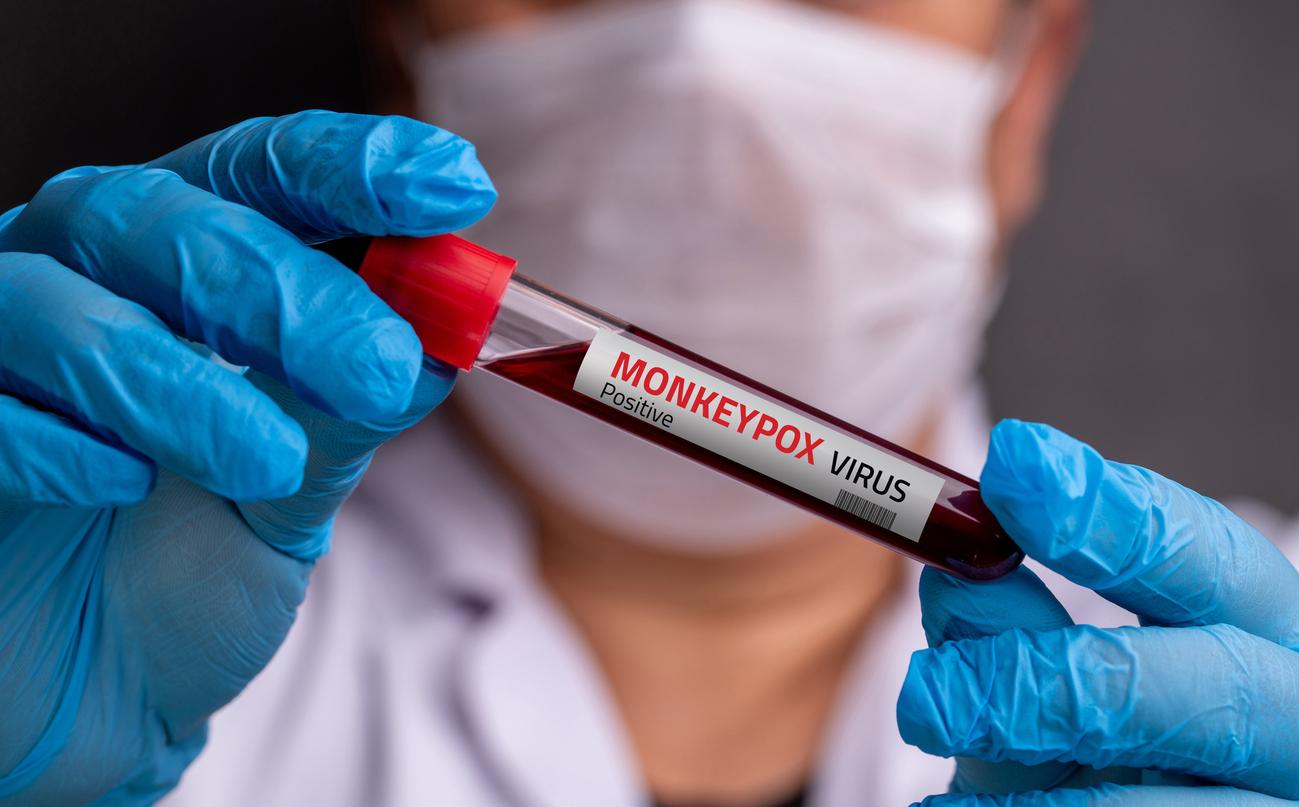A new variant, called the Breton variant, was detected at the hospital center in Lannion, in the Côtes d’Armor. This would not be identifiable with conventional PCR tests, but it would not be more transmissible or serious than the original strain of SARS-CoV-2.

- This variant appeared in a hospital center in Côtes d’Armor
- The PCR tests carried out on the patients are … negative
- For the moment, no increase in contagiousness or severity compared to the stock virus has been detected.
The South African, English, Brazilian variants… And now the Breton variant. The list goes on but, this time, the youngest has a particularity: it would not be detectable with the usual nasopharyngeal PCR tests! On March 13, he was detected in a cluster, the Lannion hospital center, in Côtes-d’Armor. In this establishment, 71 people were carriers of the classic Covid-19 and eight of the Breton variant. Although these eight patients had symptoms of Covid-19, all of their nasopharyngeal PCR tests were negative. The diagnosis had to be made by serology or PCR on deep respiratory samples. Sequencing analyzes carried out by the Institut Pasteur confirmed that it was indeed a new variant, Breton.
No severity or increased transmissibility
In their March 15 press release last, Public Health France and the Directorate General of Health believe that: “The first analyzes of this new variant do not make it possible to conclude either of an increased severity or of an increased transmissibility compared to the historical virus. In-depth investigations are underway to better understand this variant and its impact.“Health authorities have classified it”under surveillance, i.e. in the WHO category VUI (variant under investigation).”
Need to determine how this variant responds to vaccination
Viruses mutate over time to ensure their survival. It is this natural process that causes the appearance of variants. But the problem with these new forms of the virus is whether they will resist the treatments and vaccines originally developed for SARS-CoV-2. For the moment, it is still too early to know. “Experiments will also take place to determine how this variant reacts to vaccination and to the antibodies developed during previous infections,” assure Public Health France and the Directorate General of Health in their press release. Some viruses, such as HIV, mutate very quickly and are therefore more difficult for the immune system to fight. Because of the constant evolution of HIV, scientists have, for example, more difficulty in developing a vaccine. But, SARS-Cov-2 does not mutate as rapidly as HIV, which means that the consequences of its variants may not be the same.
Three other variants
For now, there are only three other variants of SARS-CoV-2, considered to be of great concern: South African, English and Brazilian. To limit the proliferation of Breton, the health authorities have set up a system for detecting and monitoring possible cases of infection in the towns of Lannion, Guingamp, Saint-Brieuc and Morlaix. In the weekly epidemiological update from Public Health Francepublished on March 11, it was indicated that the English variant represented 66% of new positive cases for a Covid variant in France and only 5% for the South African and Brazilian variants.
.















